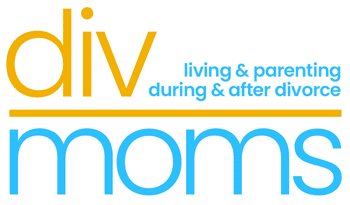Navigating the emotional waves of later-life divorce
Going through a divorce or a breakup in your later years can feel incredibly daunting. If you’re finding it a bit more difficult than you anticipated, you’re not alone.
A significant study published in a 2024 issue of the Journal of Epidemiology & Community Health sheds light on why many middle-aged and older women, perhaps like yourself, experience a harder time adjusting emotionally during these life changes.
Key insights from the study:
- Heightened emotional stress: According to the study, “Both men and women ramped up their use of antidepressants leading up to and following a divorce or break-up, but women’s usage was consistently higher.” This points to the high emotional toll these events can have on women.
- The ‘quick fix’ that isn’t: Finding a new partner might feel like a fresh start, but the study found that the relief is often short-lived for women. In fact, their need for extra emotional support might have continued or even increased.
- Ongoing challenges: “The greater increases in [antidepressant] use associated with union dissolution among women in our study may indeed relate to the fact that the costs of union dissolution on mental health fall more heavily on women than men,” the study explains. This suggests that, yes, women may face more prolonged mental health challenges post-divorce.
Why middle-age divorced moms (and older) might feel the impact more deeply:
- Financial strain: After years in a relationship, our income might be lower than our ex-partner’s, leading to extra worry.
- Shouldering the emotional work: Women often take on the majority of the emotional work, even in a new relationship — connecting with stepchildren, blending families, etc. Let’s be honest — it’s exhausting!
- Feeling out of place: Sometimes friends and family don’t understand what it’s like to go through a divorce after so many years. It can feel lonely.
Friendly advice:
- You’re not alone: It’s perfectly normal to feel overwhelmed. Many women share these experiences, and it’s okay to seek support.
- Find your tribe: Connecting with others who have been through similar situations can be incredibly healing. Consider joining a support group or community.
- Take time for yourself: Prioritize self-care and give yourself permission to heal at your own pace.
The study concludes with a poignant reminder: “Our findings underscore the challenges of adapting to union dissolution in later life and the associated need for support.”
So take a breath and remember that reaching out for help and building a supportive community around you can make a significant difference as you navigate this chapter of your life.
ALSO SEE: The benefits of mental health help for divorced moms: Go from surviving to thriving















